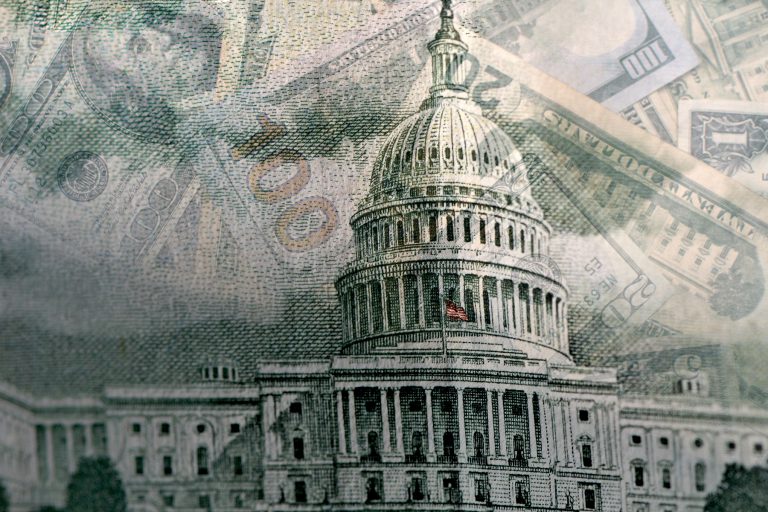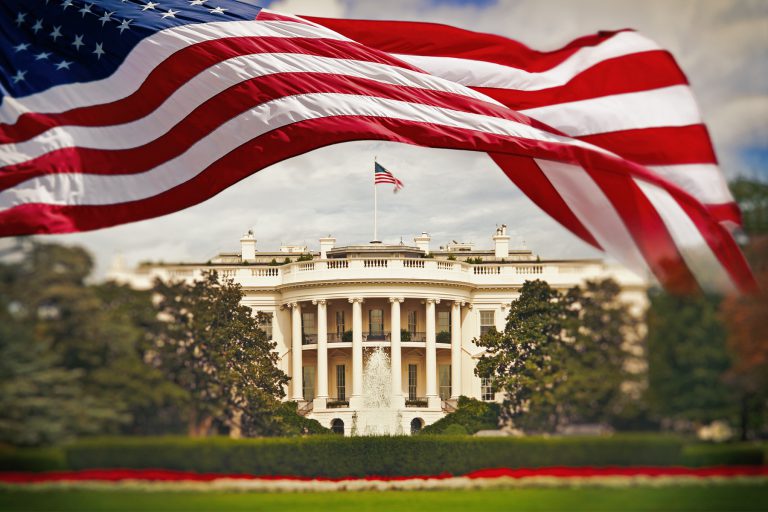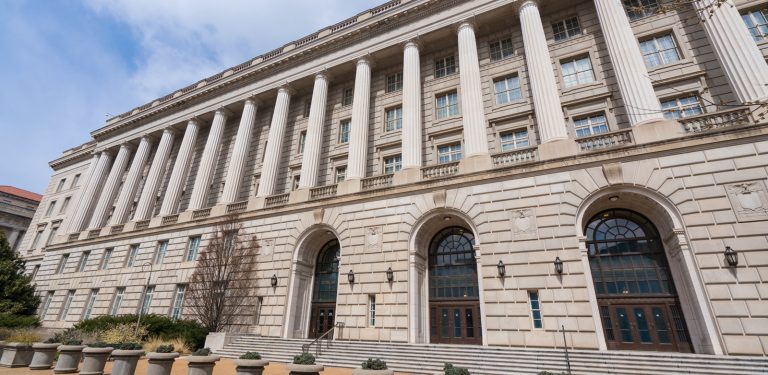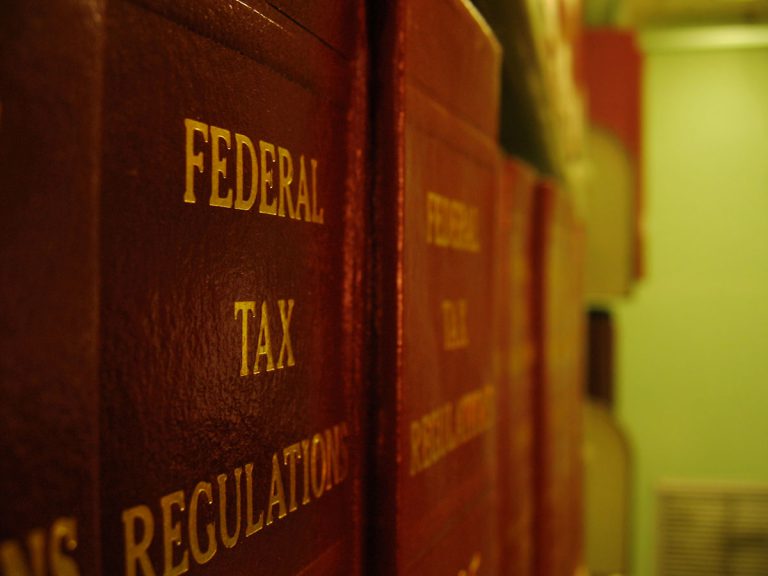UNC Kenan-Flagler’s John Gallemore and co-authors found that, among other things, the complexity of the U.S. tax system has a disproportionately negative effect on small, domestic-owned and private firms.

Corporate Tax System Complexity and Investment
Effective policymakers must balance the demands of formulating a corporate tax system that spurs economic activity while promoting a “level playing field” across firms. However, tax systems have become more complex over time, increasing firms’ difficulty in understanding and complying with tax regulations. We explore the role of corporate tax system complexity in both objectives, using an international sample and measuring tax system complexity based on the average time firms spend to comply with the country’s tax regulations. Examining both capital and labor investment, we document two key findings. First, firm-level investment is less sensitive to changes in corporate income tax rates when tax system complexity is higher, suggesting that such complexity can undermine the ability of tax policy to stimulate investment. Second, the impact of complexity on the sensitivity of investment to the tax rate varies significantly across firms, with domestic-owned, smaller, and private firms being more negatively affected by tax system complexity.
Research by the institute-affiliated UNC Tax Center shows just six publicly traded U.S. companies, including Amazon and Warren Buffett’s Berkshire Hathaway Inc., would have paid half the estimated $32 billion in revenue generated by a 15% corporate minimum tax signed into law last month. “Who actually pays a lot is just not very many firms at all,” said Jeff Hoopes, Kenan-Flagler Business School professor and the center’s research director, who is one of the study’s authors. “My guess is it will not be the same firms every single year.”
Blouin, a member of the Kenan Institute Board of Advisors, told Knowledge at Wharton that proposals to levy a 1% excise tax on corporate share buybacks and a 15% minimum tax on corporations that report more than $1 billion in book profits or in their financial statements were ill-conceived and based on misconceptions of corporate behavior.
Join the UNC Tax Center on Wednesday, Dec. 8, 2021, from 11 a.m. to 12:40 p.m. EST for Demystifying Blockchain & Cryptocurrency. This webinar, which provides 2.0 CPE credits, is the fourth in a series of tax policy webcasts jointly hosted by the Kenan Institute-affiliated UNC Tax Center and the AICPA.

Build Back Better by Taxing Book Income?
The Biden administration's $2.3 trillion American Jobs Plan comes with a hefty price tag, which the president hopes to pay in part by introducing a 15% minimum tax on corporate book income. Predictably, policymakers from both sides of the aisle are sounding off, but the argument is more complicated and nuanced than partisan rhetoric. In this Kenan Insight, we outline the intricacies and implications of taxing book income.
UNC Tax Center Research Director and Kenan-Flagler Business School Professor Jeff Hoopes, along with more than 200 accounting and tax experts, penned a letter to Congress raising concerns about the corporate tax on minimum tax in the Build Back Better plan.
A survey of 39 accounting academics conducted by UNC Tax Center Research Director Jeff Hoopes was featured in the Oct. 28 New York Times DealBook Newsletter. In the survey, Hoopes asked respondents if they would support Senator Elizabeth Warren's Real Corporate Profits Tax.

The Big Price Tag to Build Back Better
The Biden administration has proposed several multi-trillion dollar initiatives to invest more federal dollars in infrastructure, education, healthcare and more. However, these big ticket items come at a significant cost, which the president hopes to cover through tax reforms. Proposed changes could affect individual income taxes for high earners, corporate taxes, international taxes and capital gains – and needless to say, the proposed reforms have drawn both strong critics and supporters. As dizzying negotiations and politicking continue in Washington, two of our experts unpack the proposed tax changes and their potential impacts on businesses and households in this week’s Kenan Insight.
The Biden administration is proposing significant increases in corporate taxes to finance investments in infrastructure and other priorities. Proposed reforms include a global minimum tax on book income and other changes intended to limit the ability of US multinational companies to reduce US tax by shifting investments and reported profits to low-tax foreign countries. In order to promote a competitive global landscape, the administration is concurrently working with the OECD to recommend its members adopt similar changes.

Biden Throws the Book (Income) at Corporate Taxes
The Biden administration's $2.3 trillion American Jobs Plan comes with a hefty price tag, which the president hopes to pay in part by introducing a 15% minimum tax on corporate book income. Predictably, policymakers from both sides of the aisle are sounding off, but the argument is more complicated and nuanced than partisan rhetoric. In this Kenan Insight, we outline the intricacies and implications of taxing book income.






In Over Our Head: The Debt Ceiling and Taxes
UNC Tax Center Research Director Jeff Hoopes discusses how the tax system figures into the debt ceiling standoff and why we probably won’t see any dramatic increases in taxes anytime soon.